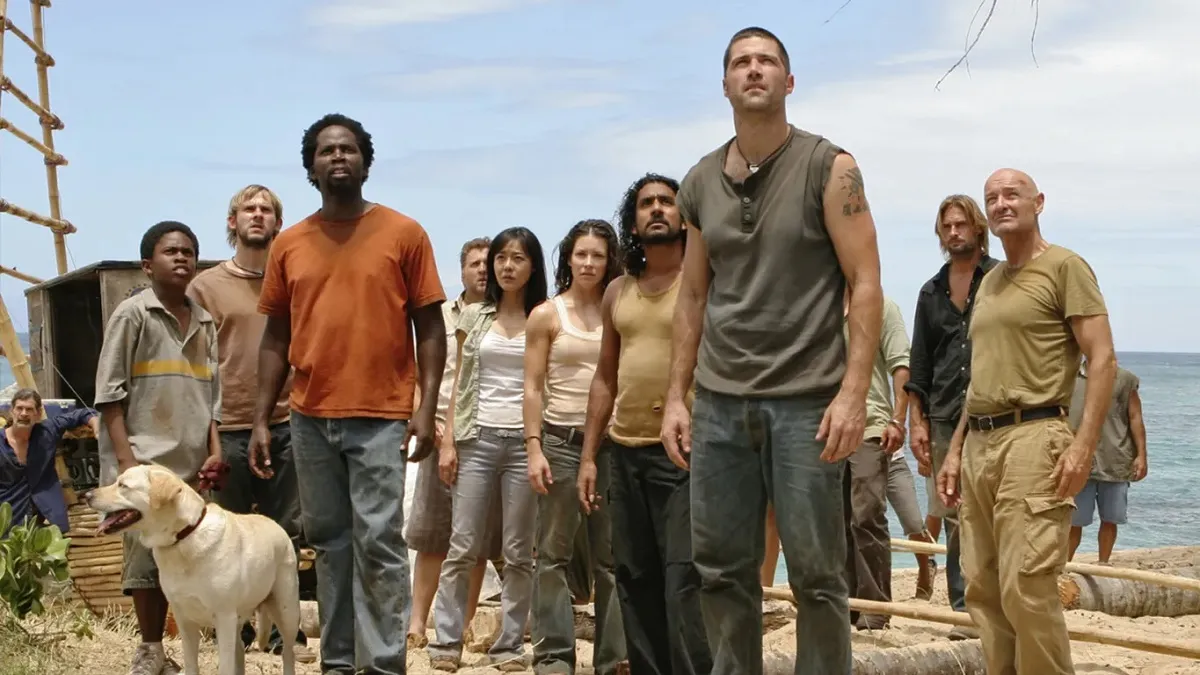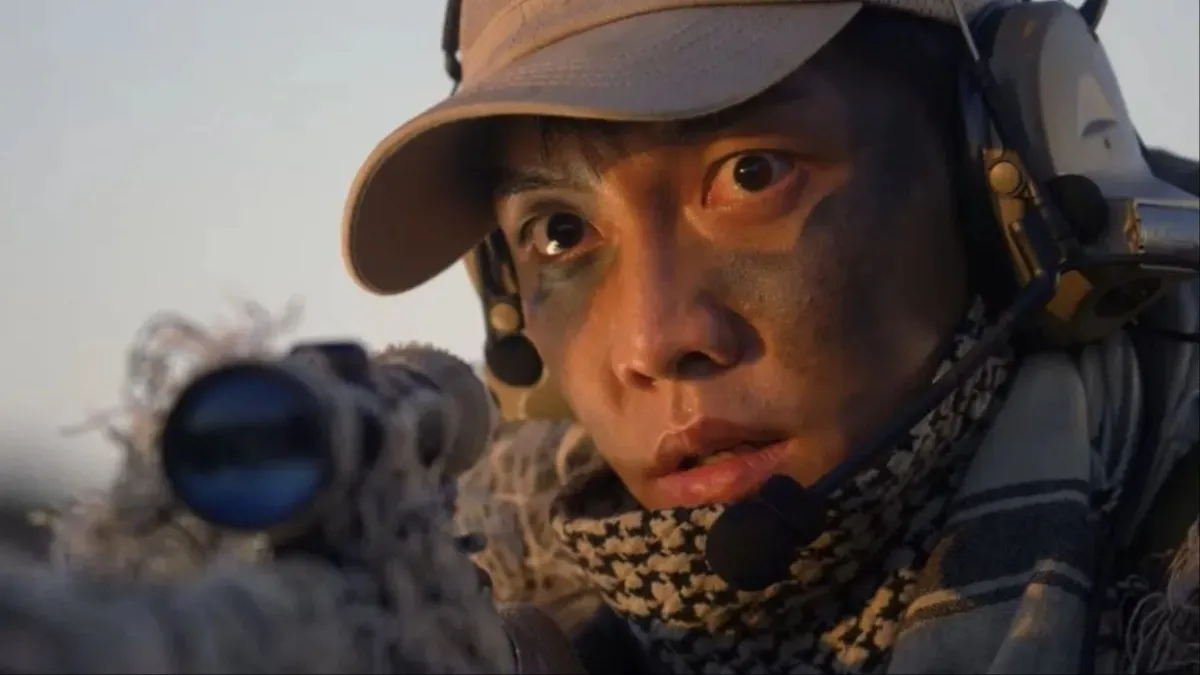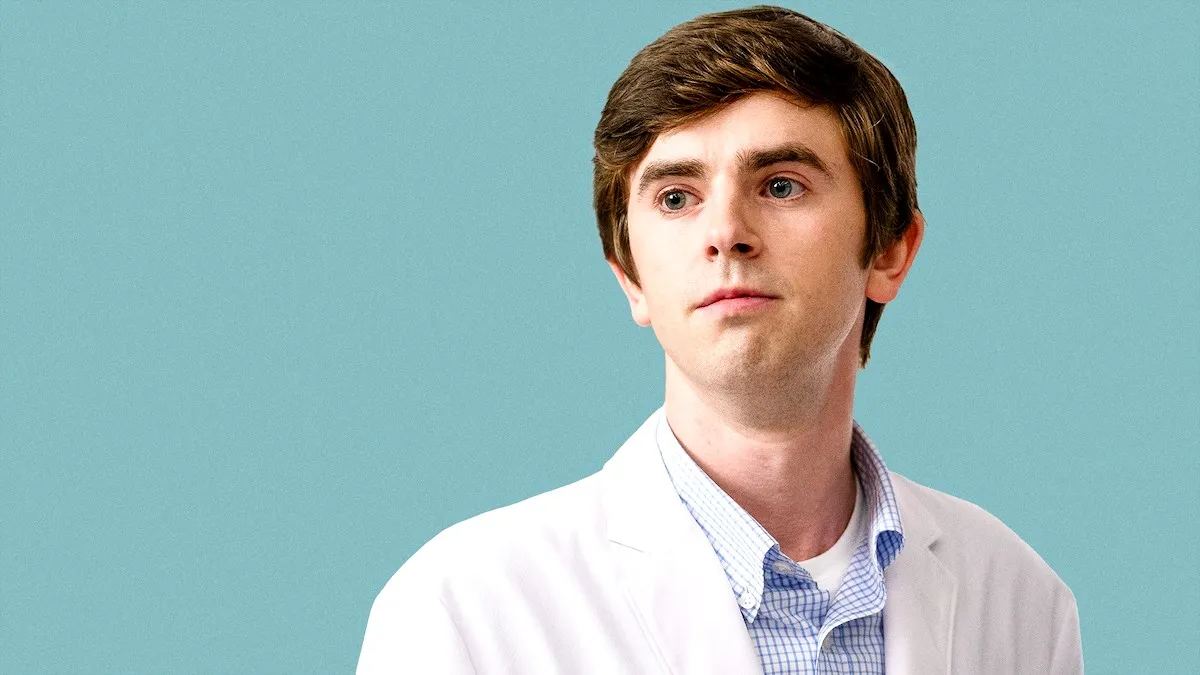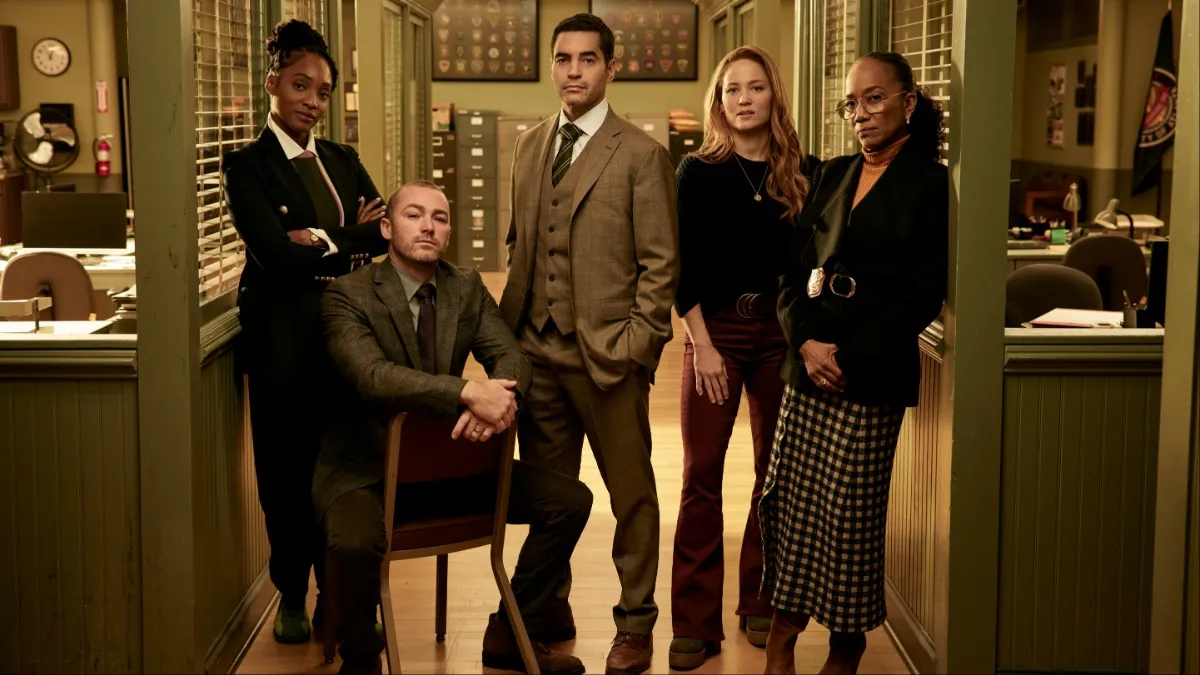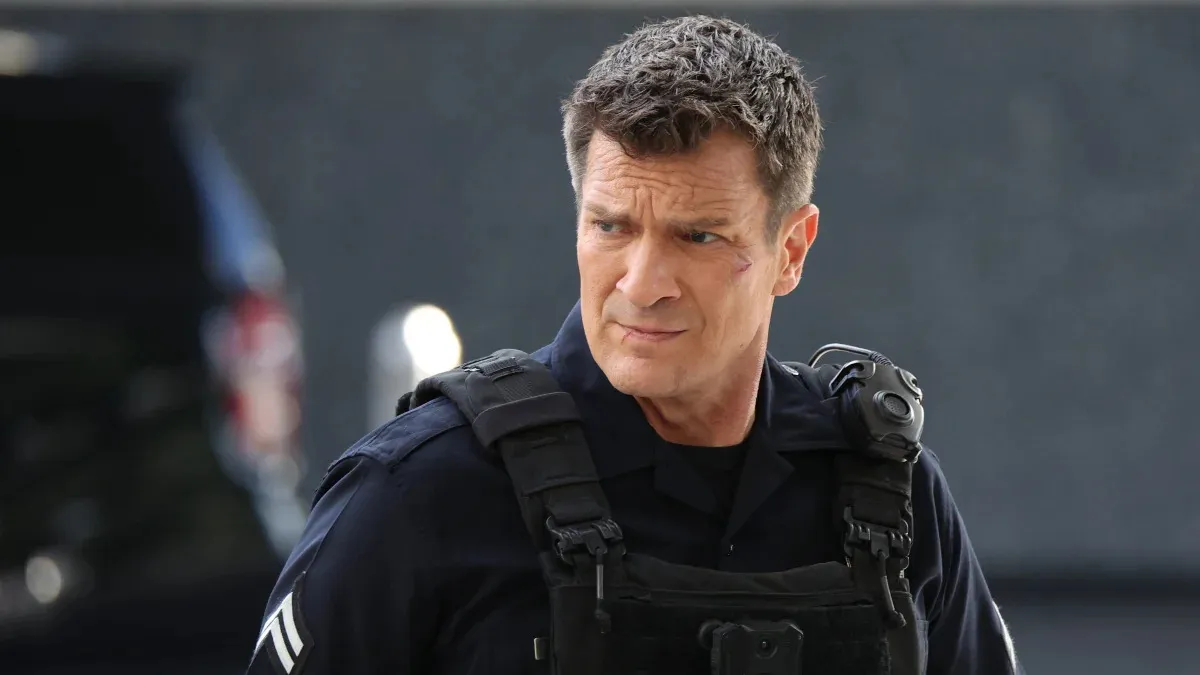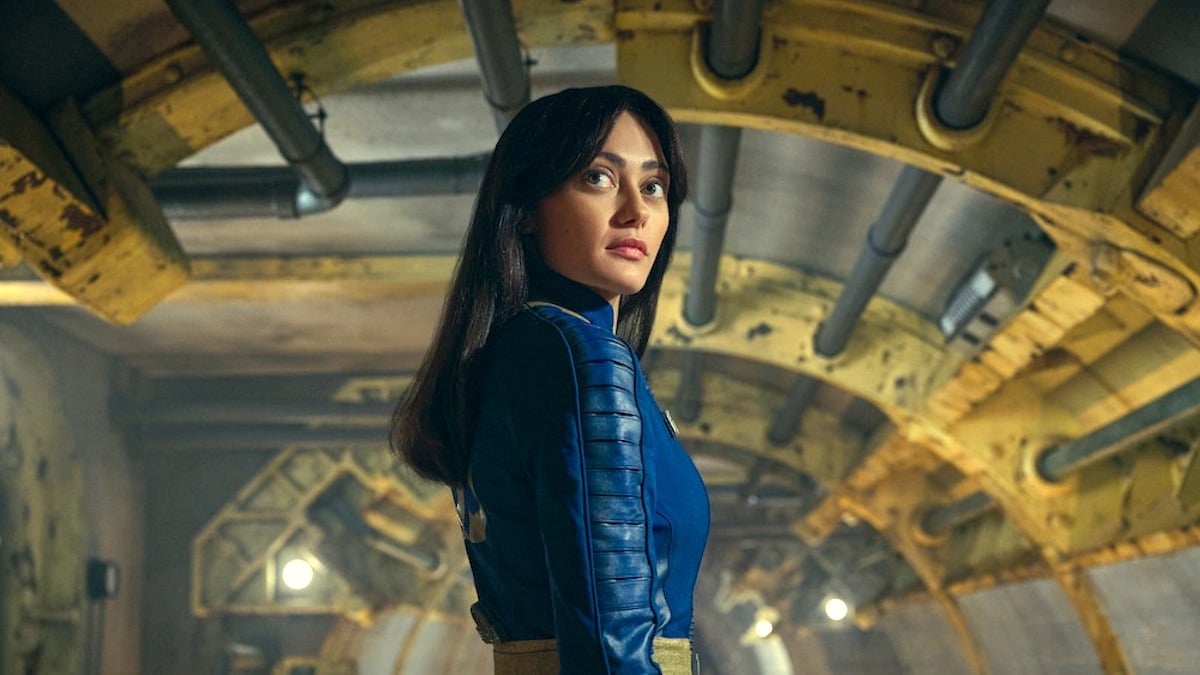I’ve been a pop culture writer for over a decade. I’ve gotten to cover TV and film I love while engaging in conversation with smart, enthusiastic fans who share my love of geeky storytelling.
I’ve also heard from disingenuous readers—usually when I address issues of abuse, discrimination, or inequality in Hollywood—about how my writing about injustice in Hollywood is pointless, that I should write about things that are “actually important.” They see talking about Hollywood abuses and discrimination as frivolous.
As if reading about Hollywood toxicity is distracting them from addressing it elsewhere. (They’re not.) As if the media images we consume don’t have real-world impact. As if those who work in the entertainment industry don’t deserve the concern or protection “real people” should get, because “they chose” their industry.
Maureen Ryan has been writing about television for years and has always been someone I’ve looked up to in this corner of journalism. Her new book, Burn It Down: Power, Complicity, and a Call for Change in Hollywood (Mariner Books), is the culmination of everything she’s seen in Hollywood in the course of her career, and it’s an important offering.
Our own Alyssa Shotwell recently included Burn It Down in this month’s TMS Book Club, but I first heard about the book when I read a powerful excerpt from it last month. There are a couple out there, like this one about Saturday Night Live at The Hollywood Reporter. But the excerpt that got me was one printed in Vanity Fair in May about a show I care very much about: Lost.
Love the show, hate the sin
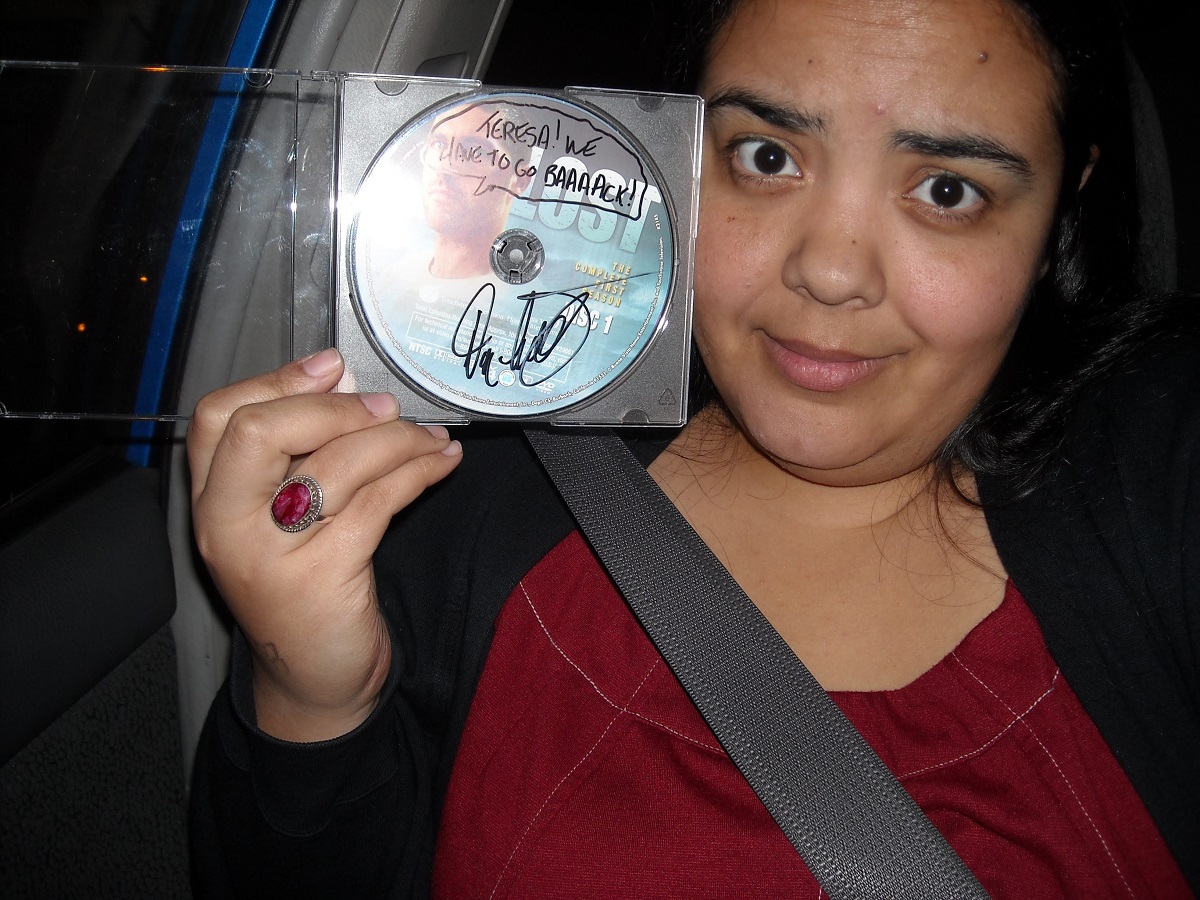
I was a hardcore “Lostie.” Between 2004 and 2010, Lost consumed a significant portion of my life. I had a weekly email chain with friends to speculate about its many mysteries. I got wrapped up in their summer hiatus alternate reality game. I bought the terrible book, Bad Twin, so I could search it for clues.
When Lost ended, I fought half my friends about its finale and how they totally misunderstood it. (The island wasn’t purgatory, ffs!)
And when I met showrunner Damon Lindelof at an event in Los Angeles in 2012, and got him to autograph my Lost DVD, I fought him about the show, too! I said it was one of my faves, and he said I “clearly needed to watch more TV” and recommended Mad Men (which I’d seen and also loved), and I told him to stop talking sh*t about his own damn show.
My perspective has evolved since I was first a Lost fan. My personal identity has acquired a couple of new intersections over the years, and I’ve gotten more of an education in systemic injustice across all of them. Rewatching Lost episodes over the years, I’ve recognized the places where certain characterizations, tropes, and approaches to topics in the narrative don’t hold up.
But I still love the show, even as I acknowledge and challenge the show’s problematic elements and missteps. It’s the nature of television that every show is a product of its time and might be received differently after the fact.
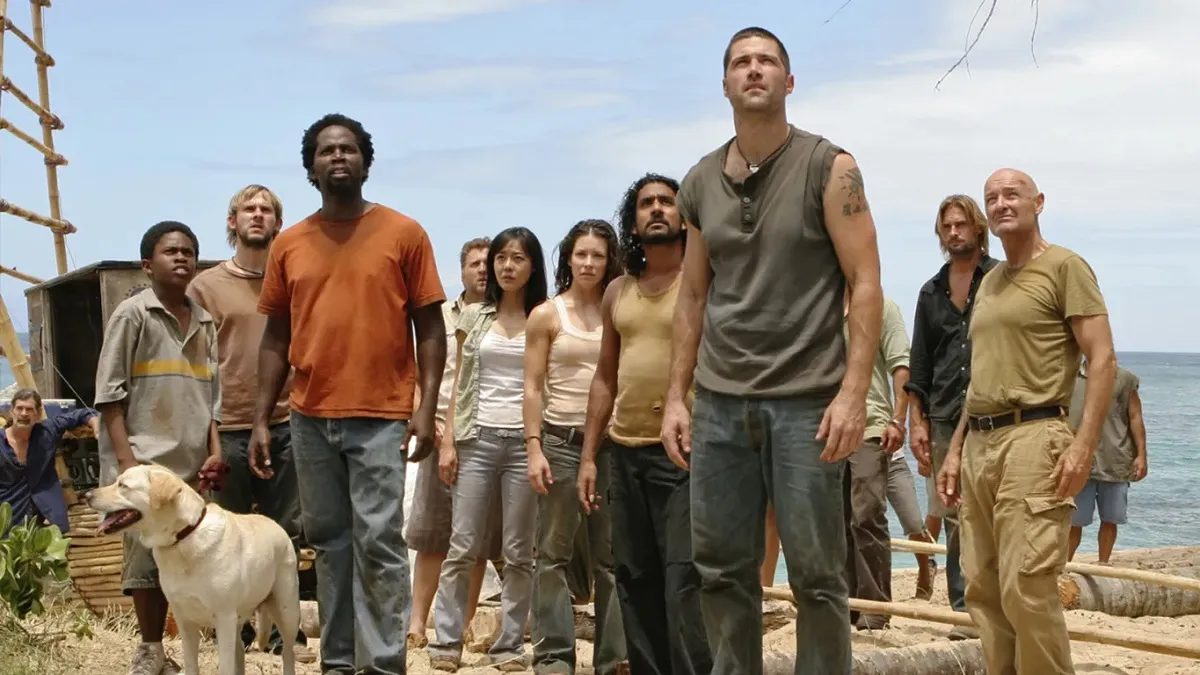
I wasn’t prepared for how Maureen Ryan’s excerpt about Lost would break my heart.
It didn’t just examine the problematic elements of the show’s narrative, which I’d already done. It provided the kind of insider information that only a journalist of her caliber could get, showing how the problematic elements on the show stemmed from problematic real-world behavior behind the scenes.
Even more heartbreaking was that this toxic environment was created by people I’ve looked up to for years, like Lindelof, while hurting other people I’ve looked up to for years, like actor Harold Perrineau and writer Javier Grillo-Marxuach.
The entertainment industry is a workplace like any other workplace. It isn’t “special” just because it’s got lots of attractive, rich people in it. Conversely, those who work in it don’t deserve to suffer abuse silently just because they have “glamorous” jobs.
From aggressive, unapologetic racism and sexism to grueling and inequitable working conditions, Lost’s behind the scenes toxicity not only impacted those working on the show (BIPOC writers and actors who “rocked the boat” got fired, for example), but it affected the storytelling for prominent Black characters like Michael and Mr. Eko, as well as other BIPOC characters on the show.
While hearing all this was difficult for me as a fan, it validated me in the work I try to do as a pop culture journalist. Ryan made it crystal clear that a toxic work environment in television doesn’t only impact the cast and crew in real time, but it affects (and infects) the stories we consume—which, in turn, affects and infects us.
There is a direct through-line between Hollywood’s abuses and those caused and experienced by the viewers absorbing its content.
Viewers need to be challenged to Burn It Down, too
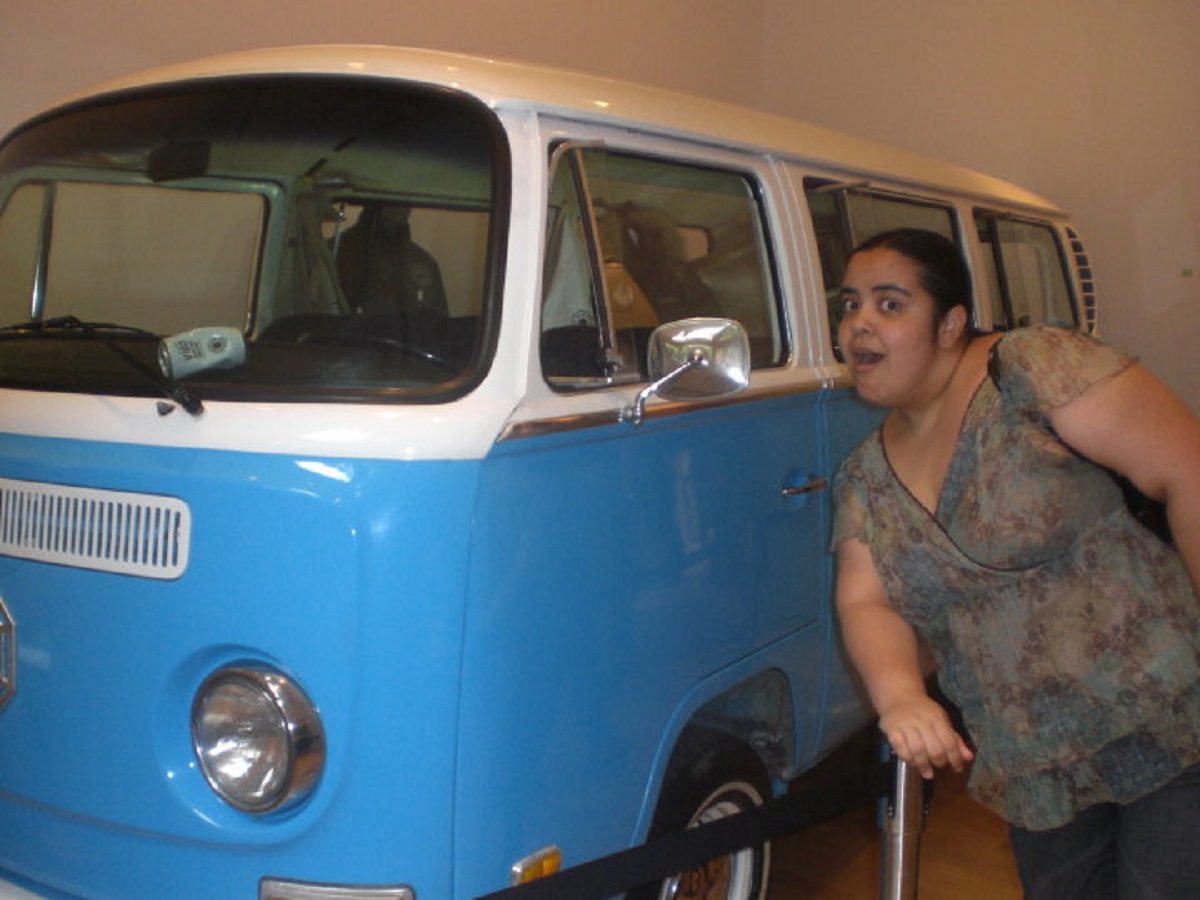
This is why covering Hollywood abuse is important work. In addition to working toward a safer workplace for those in the entertainment industry, books like Burn It Down force viewers to reckon with the price being paid to bring them the stories they love.
And how that price is almost always too high.
And how if audiences and fans don’t speak out against these injustices, but continue consuming Hollywood product, we are complicit. We are supporting the systems that hurt others and ignoring the impact that these abuse-infected narratives have on our collective psyche.
No TV show or film, no matter how brilliant, is worth people’s lives or wellbeing.
So, we here at TMS will continue to shine a light in the dark places, not because we “love complaining,” but because we feel a responsibility. I’ve ordered a copy of Burn It Down and can’t wait to read it and become more informed about how systemic injustice affects the television industry, which I still hope to join in spite of everything.
And I hope that you will read our stories, and books like Maureen Ryan’s, allowing them to fuel a more critical eye on your content and a willingness to remind Hollywood that abuse and toxicity are not acceptable prices to pay for the stories we love.
(featured image: Mariner Books)



